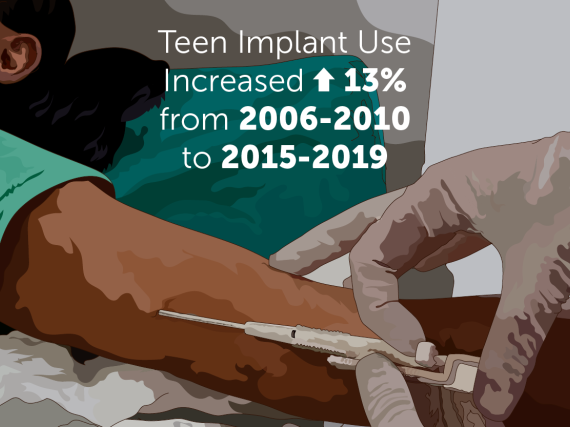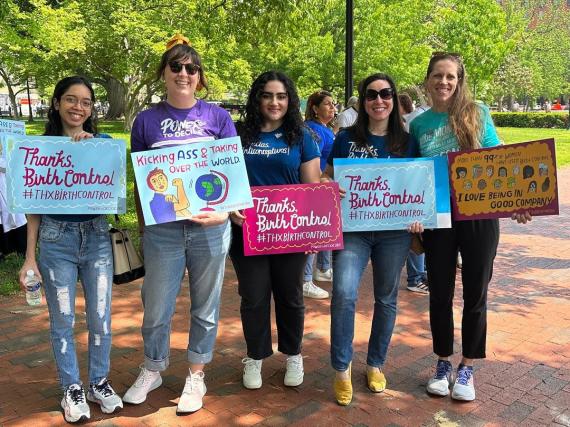Parents Matter When It Comes to Sex Ed
As a behavioral scientist, I have long been interested in the positive role parents can play in supporting adolescent sexual and reproductive health (SRH). As a daughter, my mom was my first (and best!) source of information about sex, and as a parent, it is important to me to provide developmentally appropriate sex ed to my son. Prior research from Power to Decide found that teens report that their parents have the greatest influence over their decisions about sex. Moreover, studies have documented parental support for adolescent access to contraception and confidential health care.
Parents are also an important source of SRH information. National data suggest that nearly 80% of females and 70% of males have talked with a parent about common SRH topics by the time they are 18. It is well-established that parental-adolescent communication is linked to reductions in adolescent sexual risk behavior. This means that it is important to equip parents with the knowledge and skills to be effective sources of sex ed. Primary care providers are one potentially untapped resource for parents — a national survey found that only about in four parents received at least a moderate amount of SRH information from their adolescents’ primary care provider.
Ideally, young people receive SRH information from multiple sources, including sex education in school. Multiple studies indicate that parents overwhelmingly support school-based sex ed — a recent meta-analysis synthesizing 11 surveys of parental attitudes found that 90% of parents were supportive. Unfortunately, national data indicate that during 2015-2019 only about half of adolescents received formal sex education that meets the minimum standard articulated in national goals. Parents can advocate for school-based sex ed in their communities that is medically accurate, age-appropriate, complete, culturally and linguistically appropriate, and trauma-informed.
Resources public health and medical professionals can share with parents include:
- The Center’s for Disease Control and Prevention’s Infobrief Talking with Your Teens about Sex: Going Beyond “the Talk.”
- Planned Parenthood Federation of America’s Resources for Parents
- American Academy of Pediatrics’ Adolescent Sexual Health Resources for Parents and Families
- Advocates for Youth’s A Parent’s Guide to Understanding Sex Education in Your School
Let’s work with parents as part of our efforts to support #SexEdforAll because parents #TalkingisPower!



